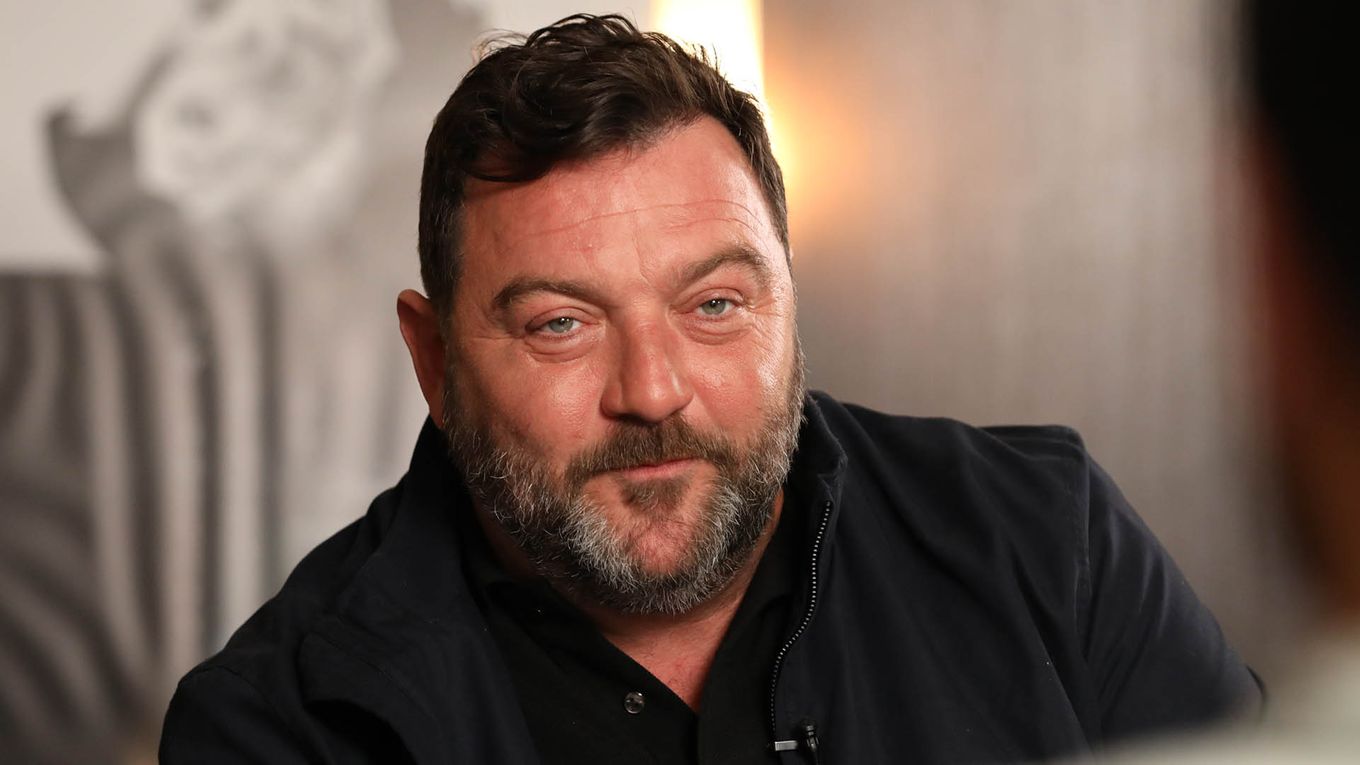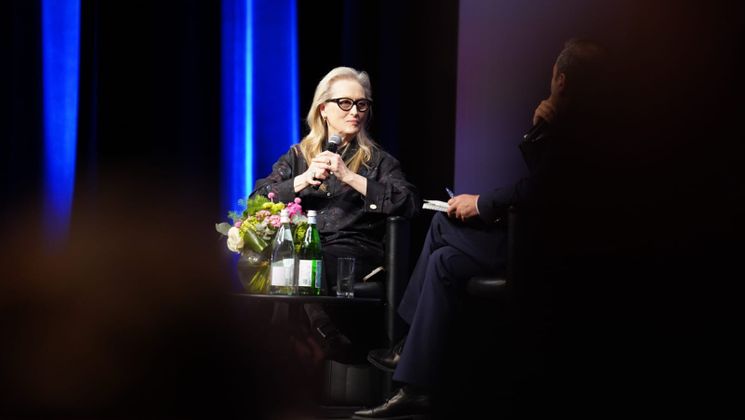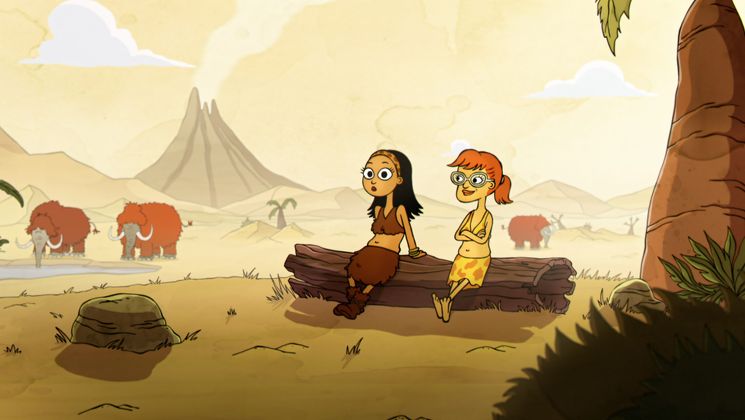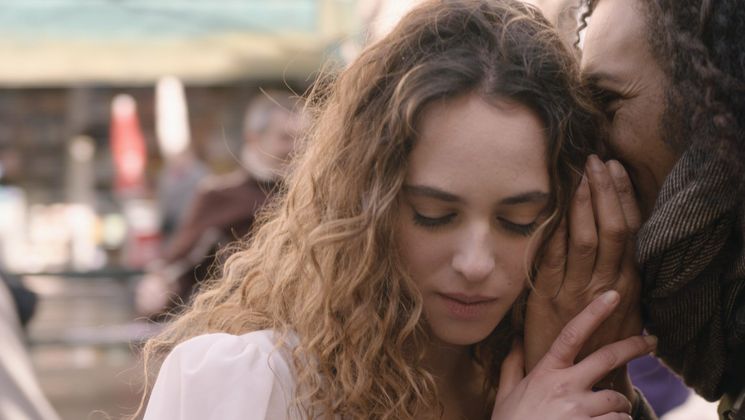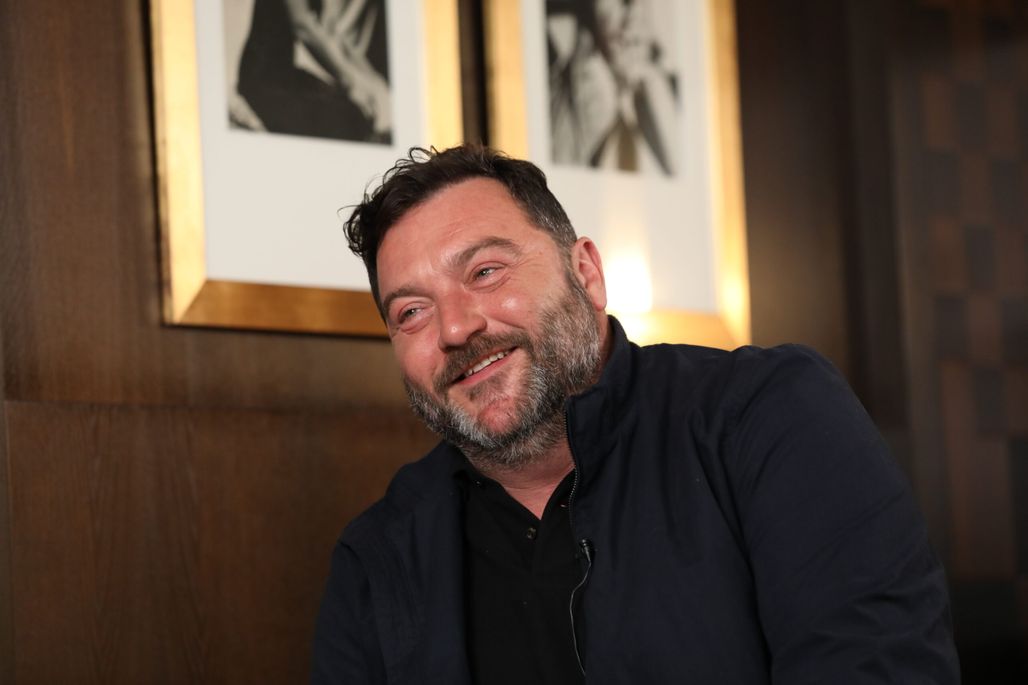
An encounter with Denis Ménochet, member of the Feature Film Jury

Last year Denis Ménochet caused a sensation in Rodrigo Sorogoyen As Bestas (The Beasts), screened at Cannes Première. It was a definitive confirmation of his style, powerful in the body, the gaze and the emotion, already seen in Jusqu’à la garde (Custody) and Grâce à Dieu (By the Grace of God). The actor-craftsman, as he likes to define himself, is back this year, as part of the Jury presided over by Ruben Östlund, and he tells us about his approach to his craft.
When did you realize that you were capable of transmitting emotions?
I’m simply now starting to realize it, by meeting the audiences of films that get an emotional response. Especially since Xavier Legrand’s Jusqu’à la garde (Custody), François Ozon‘s Grâce à Dieu (By the Grace of God) and, more recently, Guillaume Renusson’s Les Survivants (White Paradise). That’s made me realize that my craft is having an effect. I’m looking forward to finding new scripts and ideas to try to refashion it, all while forgetting what has existed. We can’t be defined by what we did before. We have to destroy the boat we came to the island on and build a completely new one.
What do you do to best prepare for a role?
I often choose a song to get hooked into the story. For example, between shots, to not lose my concentration, or to try to create memories for my character. And when I re-listen to it, it brings me back to this reality of the film’s imaginary circumstances. It’s also a creative state. The more you’re immersed in the script, the more you rehash it. Suddenly, around you, you notice that things are connected in way that’s rather incredible. Even if it’s not what ends up on screen, it’s a step further towards the truth of the story.
What was the biggest challenge in your career?
Jusqu’à la garde (Custody). It was the role that was the most difficult to figure out. Xavier Legrand helped me a lot, Thomas Gioriam too, who I acted with. But exploring this really dark side, not that I’m complaining about it, was really difficult.
Before, during and after the shoot?
After, yes. In film, there aren’t any consequences. You don’t go to prison because you’ve robbed a bank. But when you’re acting, you let your body go towards a rather extreme violence, and the body doesn’t know the difference between acting and reality. And so there were times, after the shoot, that I realized that my body had gone deep into frustration and anger, and that I couldn’t keep that in my life every day.
What left an impression on you with your experience with Ari Aster in Beau Is Afraid?
It’s an incredible opportunity to be part of this kind of film because, like Rodrigo Sorogoyen or Renusson, these are young people who have absorbed cinema in a really deep way. They explode the boundaries of genres because, for them, there really aren’t any. Ari Aster is a genius, not only in terms of images but of stories. For this film, I’ll say it in English: He made a movie about fear but in a fearless way. That’s magnificent, especially in the American landscape. What’s really lucky about this film is seeing people between the ages of 20 and 30 in the audiences. I haven’t seen that in 20 years, since Tarantino, it’s a privilege.
And now, what are you working on?
Nothing at all. I give myself so much, body and soul, that it’s exhausting. And I’m waiting to have a script and a director that will transport me somewhere to challenge me. I feel that I’ve been over-exposed and that I should disappear so that the characters and the stories will be enriched. The less present you are, the more I feel that the audience can enter into the story and into the character. Maybe I’m mistaken but it’s a strong feeling I have.
The characters have to take precedence over the actor…
Always. Because that’s my work, my craft. When someone comes up to me on the street to talk, I feel like I’ve made a good baguette. “It’s really good your baguette! We’ll be sure to be back.” That’s enough for me. I’m moving forward with doubt, I have a particular physique, I don’t know if it’s going to last or not, but I’m staying the course. I promised myself to stay the course.
Does celebrity, and the effects of fashion, make you afraid?
I’m persuaded that you need to keep a low profile, listen to people when they come up to you on the street to talk. But you also have to cultivate a sort of mystery. Not with your ego, just to serve the show, to serve cinema, to make it worth it. The people who are going to hire a babysitter, struggling to find a parking spot or arguing, they’re going to sit down and then – boom! – they have a great time because we’ve worked well with the team.
